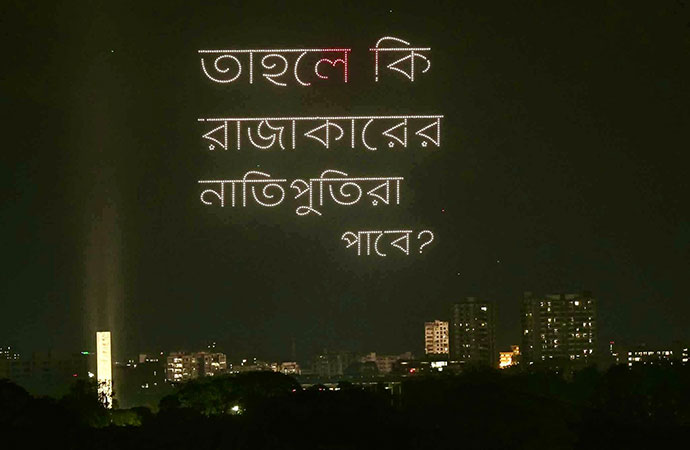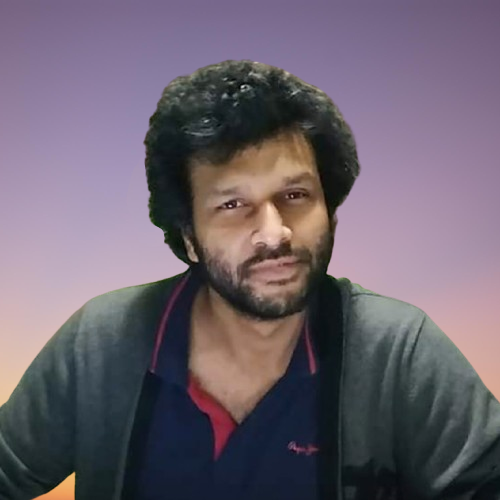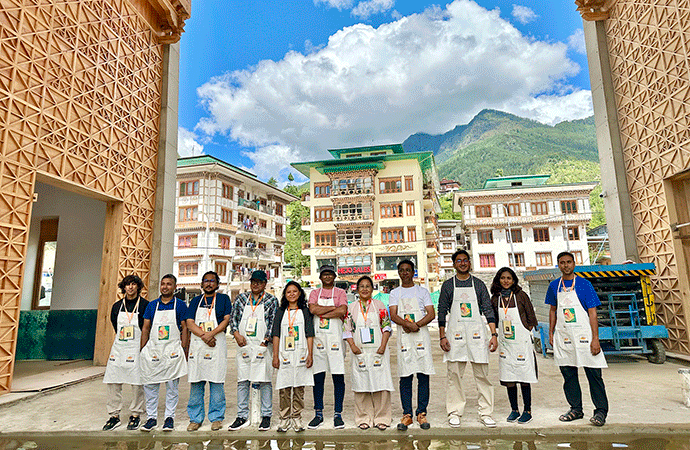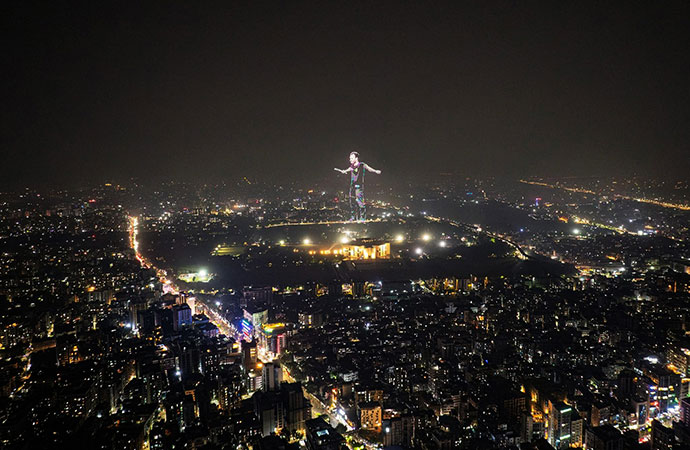Reportage

Photo: Collected
The most pivotal date in the movement for me was July 14, when students in the 5 women's halls of Dhaka University broke their locks and came out, just hours after Sheikh Hasina's infamous 'Rajakar' comment. They came out around 11pm, soon to be joined by students from the men's halls, and later by students around the country. Me and my brother Murad were working to compile the reports coming in from our campus correspondents.
The first injuries inflicted by Chhatra League during the movement were also on this night - at Chittagong University. The next day (July 15th) they would wreak havoc on the DU campus, setting the government and protesters on two paths that would never be reconciled.
The night was pivotal not only for the fact that the students came out again, since earlier that day the coordinators had actually gone and met the president, or his secretary, and presented a set of proposals through which the quota provision in govt jobs could be reformed. There was no programme set for the next day. The movement was for all intents and purposes on the verge of wrapping up. Then came Hasina's parley with the two journalists.
Apart from the fact that the women led the way, two things stood out about the way they reacted that night: one, they didn't become defensive at the rajakar reference. This is truly where the students set themselves apart from generations that have come before, and why no one should have the audacity to try and take the credit for leading the uprising away from them. To have the chutzpah to receive that insult and throw it back at Hasina's face with "Ami ke? Tumi ke? Razakar, Razakar," was, in a word, groundbreaking. "Who am I? Who are you? Razakar, Razakar."
Till they did it, no one had shown themselves capable of it. Fact. Even the later, somewhat susheel compromise of adding "Ke boleche, ke boleche? Shoirachar, shoirachar" was really evidence of what they were up against. But the deed was done. On the streets themselves, only the original resonated, and echoed around the country. It completely disarmed their opponents, who started sounding childish and lost in response. "How can students of Dhaka University call themselves Razakar?" wondered Dipu Moni (and countless others I'd imagine). Well lady, you heard it. Is there anything you can do about it? Does that tell you how disconnected you are now, from the masses?
Secondly, and this would set the stage for their later 9-point demand, they zeroed in on Hasina as the cause of their angst. For over 15 years, even those who dared to criticise the government had held their fire when it came to the figure of the prime minister. We would often satisfy ourselves with "Her advisers are misguiding her", or "Those around her are the real culprits". Here, they were venting their anger at precisely what she had said, and no one else. There was no escaping it.
We'll recall how in the 9-point demand issued on July 19, number one would be that the prime minister apologise for the deaths that started occurring from July 16. Some would insist it was actually an 8-point demand after Hasnat, Sarjis and one of the other coordinators went and sat with Arafat, Anisul Huq and others. It was too unpalatable to them, that the students had asked the PM to apologise, they couldn't bring themselves to pronounce it, or write it. This type of reverence or devotion to one figure is precisely what we needed to break from. It's been a year now and the new society we hope to build has a long way to go. I'm certainly nowhere near as disappointed as some people tend to be.
Secondly, they zeroed in on Hasina as the cause of their angst. For over 15 years, even those who dared to criticise the government had held their fire when it came to the figure of the prime minister. We would often (not always) satisfy ourselves with "Her advisers are misguiding her", or "Those around her are the real culprits". Here, they were venting their anger at precisely what she had said. There was no escaping it. The corner they turned that night would set the stage for their later 9-point demand, in which number 1 would be that the prime minister apologise for the deaths that started occurring from July 16 (unmet, it was the main reason behind Nahid being taken in and tortured overnight on July 20), and the eventual "Ek Dofa": the resignation of her government. First articulated by the students on August 3, and met within 48 hours, with the added bonus of fleeing the country.
But in hindsight, the edifice on which the AL's misrule of 15 years was built, had been crushed on the night of July 14.

























Leave a Comment
Recent Posts
Pedaling Through the Mangroves ...
The journey from the bustling streets of Barishal to the serene, emera ...
Why the Interim Government mus ...
Two weeks out from what is expected to be a red letter day in the figh ...
Doesn’t matter who thinks what about Bangladesh deci ..
The Other Lenin
US President Donald Trump said his administration
Govt moves to merge BIDA, BEZA, BEPZA, MIDA